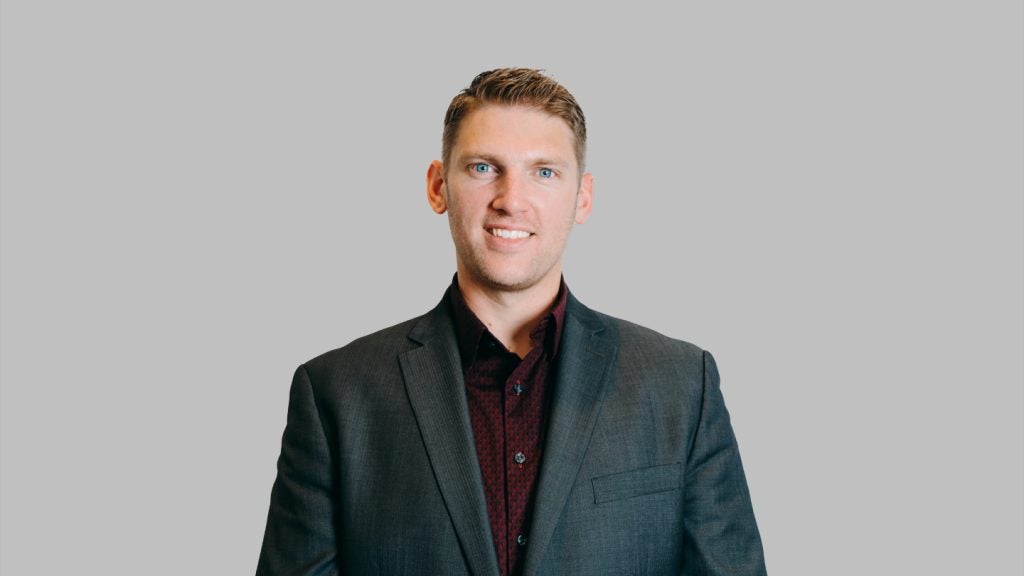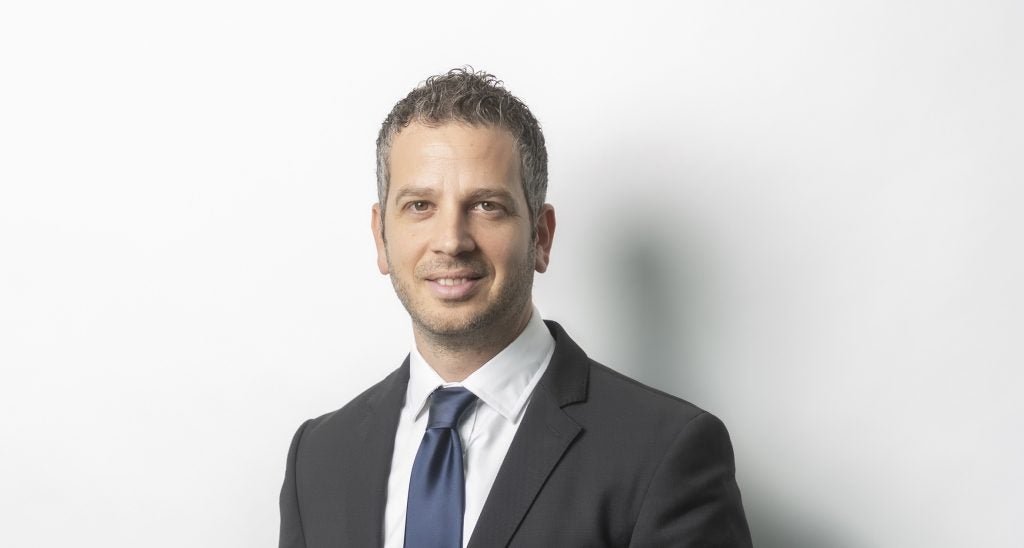The global Islamic finance industry has taken off to new heights, with key markets in Asia holding great promise for future growth. In conversation with PBI’s Sruti Rao, head of Islamic Banking at Standard Chartered, Wasim Saifi, highlights the bank’s core strategy on this ever-growing marketplace.
Sharia-compliant financial services have seen increasing global receptiveness and have further embedded themselves into the core strategy of universal banks. According to a Timetric survey on global Islamic finance, these instruments reached $1.1trn assets-under-management (AUM) in 2011, growing at an annual rate of 18.8% during 2006-2011. Though the rise of assets came mainly from Middle East and Africa, Asia as a region has shown vast potential for Islamic finance. Malaysia currently is one of the top ten markets in Islamic banking with other key markets such as Indonesia and Pakistan also holding a strong fort.
Wasim Saifi, global head of Islamic banking at Standard Chartered, mirrored this view, highlighting Malaysia as a key region for their business. Saifi comments: "In Southeast Asia, Malaysia has been the dominant player, primarily because the industry has been very well developed and is now considered one of the global hubs for Islamic banking." Currently Islamic banking penetration holds a grounded 25% of total banking penetration in the market, underlining its established presence.
The UK-headquartered bank with a core focus on Asia, Middle East and Africa has developed its Islamic proposition in six onshore markets that are compartmentalised into three fundamental clusters. Malaysia and Indonesia form their Southeast Asia base, along with operations in Pakistan and Bangladesh in South Asia. Naturally leveraging on the established Islamic banking focus in the Middle East, the bank also holds core offerings in UAE and Bahrain. Standard Chartered recently launched their Saadiq banking proposition in Kenya, as the bank’s first entry into the African continent.
Standard Chartered’s core strategy of being a bank for Asia, Middle East and Africa proved biggest advantage in the development of their Islamic offering. The synergy of their established presence in key potential markets for Islamic finance allowed for smoother proposal of the Islamic offering to existing clients. Saifi explains: "We are very focused on Asia, Middle East and Africa. These are our core markets and the reason why we exist. With the strong overlap of the Islamic world and SCB’s footprint, we find substantial parts of our franchise has a very Islamic population who have been banking with us for many years."
He adds: "When we were looking at our Islamic proposition, we found that an increasing number of our banks were expressing different needs, and in order to remain relevant, we also needed to create an Islamic proposition, which over a period of time would become as compelling as the conventional proposition. Then we can give a choice to the customers."
The Indonesia growth story
As Wasim Saifi highlighted in his conversation with PBI, a key untapped growth market is Indonesia. With 88% of the population of 240m being Muslim, the Islamic banking penetration of only 5% implies great growth potential in this offering. The growing wealth of the Indonesian population contributes to the bank’s expectation of dealing with an increasing wallet size in the market. The encouraging performance of SCB’s affiliate bank in Indonesia, PermataSyariah, has seen a positive effect on their business, comments Saifi.
In analysing the reasons behind Indonesia’s slow Islamic banking penetration given its vast potential in this offering, Saifi identified several factors for the existence of this gap:
– Customer knowledge on the Islamic finance proposition is lacking, and this can only be addressed collectively as an industry. Saifi: "All of us need to help in making the country understand what Islamic finance is all about, telling them that they can adhere to all their banking needs without sacrificing their religious principles."
– The conventional banking product proposition is naturally more sophisticated at present than that of Islamic banking, limiting the ability to transcend Sharia products to existing clients. However this is set to change as Islamic banking products start expanding and the distinction between the two is less prevalent.
– Not until recently have regulators addressed the Islamic finance offering seriously, making statements in public forums on the ambitious plans of expanding its presence in the market. The Timetric survey on Global Islamic Finance highlighted the comments of Halim Alamsyah, Deputy Governor of Bank of Indonesia, that Sharia-compliant banking could hold a market penetration of 15-20% in the next ten years, to stimulate growth and offer a higher level of stability in the financial system.
Nonetheless, by tackling the above issues, Indonesia’s Islamic banking sector grew by 40% annually between 2008 -2012, according to Timetric’s survey, outpacing growth in the much larger conventional sector of 16.7% a year over the same period.
How well do you really know your competitors?
Access the most comprehensive Company Profiles on the market, powered by GlobalData. Save hours of research. Gain competitive edge.

Thank you!
Your download email will arrive shortly
Not ready to buy yet? Download a free sample
We are confident about the unique quality of our Company Profiles. However, we want you to make the most beneficial decision for your business, so we offer a free sample that you can download by submitting the below form
By GlobalData
The pull towards stability
As SCB’s Saifi elaborated, the pitch for Sharia-compliant products is not only based on its religious affinity, but also related to its innate stability. The fee structure is rigidly controlled by Sharia law, which brings greater control and predictability on pricing structure.
For this reason, non-Muslims have an augmented interest in Islamic banking products. The bank’s Malaysia business saw an enhanced interest in mortgage instruments by this group of customers.
Saifi: "This interest may be defined by a variety of reasons – the way the product is structured, its pricing model, or even its impact on stamp duty."
Talent search
In line with concerns in the conventional banking sector, the need for talent in the Islamic banking space is similarly a concern. As Saifi admits: "Talent is clearly a constraint. With the rapid growth in Islamic finance, the need for the right talent is clearly going to be a limitation in each of the markets.
Established core markets such as Malaysia have it better off, with the help of the correct ecosystem and the country’s focus on Islamic banking. However the Pakistan native concludes that the challenges may evolve with the rising ambitions of other markets. "What I fear happening is countries that want to see their Islamic banking front develop, will look at countries like Malaysia to import talent and give them expertise," adds Saifi.
However, the silver lining exists with the collaboration of the academic world, creating structured programs specific to Islamic finance. This helps develop a niche of talent that will have a different perspective to the managers of today who have traditionally come from a conventional banking background.
The need for talent in the Islamic banking realm will only grow, considering the popularity of the niche business that is now catering to both muslim and non-muslim clientele. With banking’s increasing need to differentiate their service offering and cater to the specific needs of their clients to maintain market share, the potential of the Islamic finance offering in relevant markets should be watched closely.







